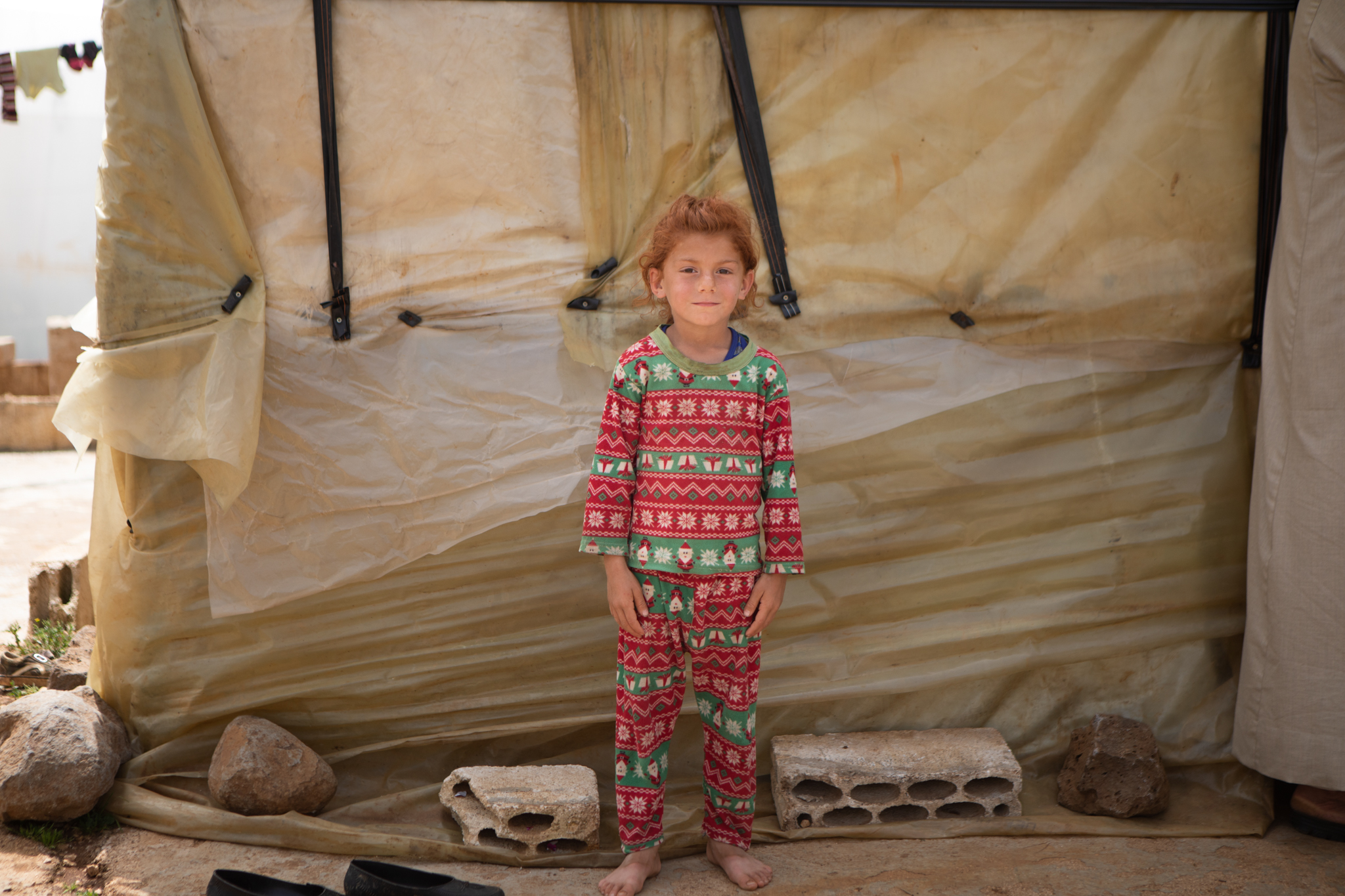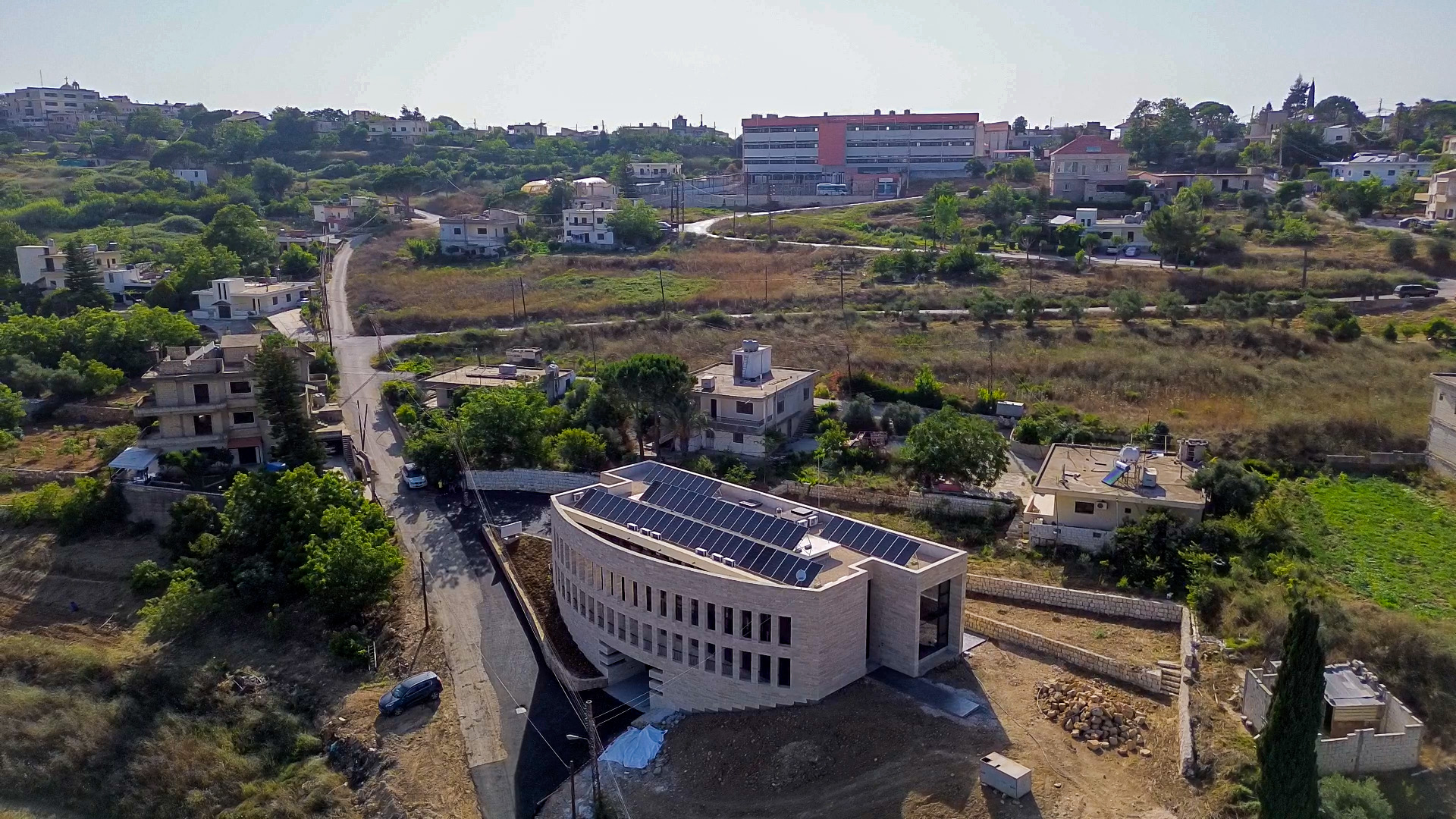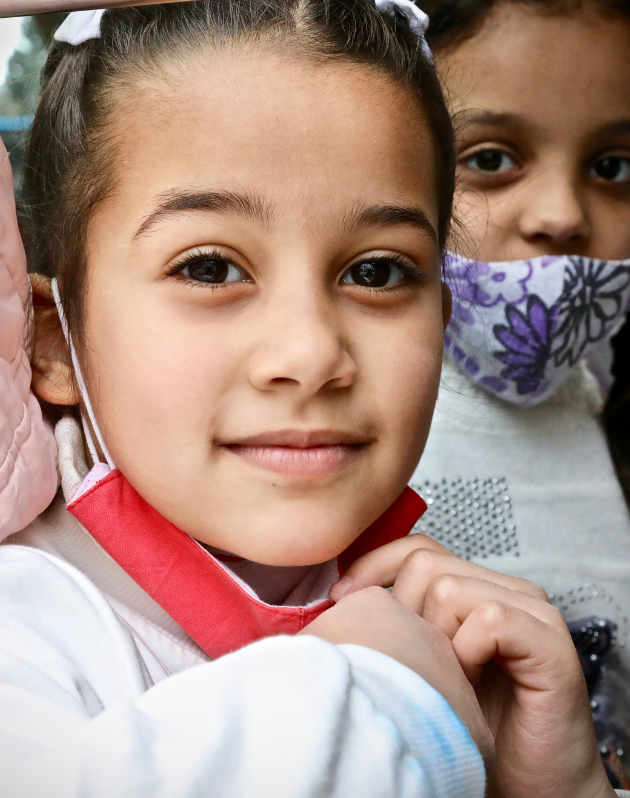AVSI in Lebanon
- Jounieh HQ Office
- Dekwane Office Dekwane main street (street 117) – Haddad center – 3rd floor
- Fadaii Klaaya – Marjayoun
The humanitarian situation in the country is dramatic. The crisis in Lebanon is not only due to the war, but is the result of a deep economic and financial crisis that has been going on for five years. In this already difficult context, however, the conflict has certainly increased the vulnerability of the population.
Many families today are only able to meet their needs thanks to the subsidies received from humanitarian organizations. One hundred thousand people remain displaced because, for various reasons, they have not been able to return. Many of those who have returned have discovered that they have been left homeless. In some villages nothing is left: there is no connection to water and electricity, the infrastructure and services have been damaged or completely destroyed. The lack of water also means, in some cases, a lack of work, since farmers cannot irrigate their fields.
From September to December 2024 we were mainly engaged in the response to the humanitarian emergency due to the war, supported by thousands of private and institutional donors through the "Hope4Lebanon" campaign.
In Southern Lebanon, AVSI's presence endures
In recent years, AVSI focused its activities in the southern part of Lebanon, especially in the Marjayoun Plain. Once one of the largest agricultural areas in the country, it was abandoned due to the war between Lebanon and Israel in 2006.
Since the onset of the new war in the Middle East on October 7, 2023, activities in the Marjayoun district have been halted or repurposed to support the population that has chosen to remain despite the bombings. Here, the presence of the staff allows the distribution of basic necessities to over 700 families, as well as providing educational activities and study support for students, helping them to recover the subjects missed during the months of school closures. In addition, a team of psychologists offers psychosocial assistance to minors traumatized by the conflict and to their parents, through group therapy sessions or individual counseling.
Due to the war, Fadaii , AVSI’s multifunctional center inaugurated in July 2023 in Marjayoun, has been closed for security reasons, it is the headquarters of distributions and we are organizing to restart the activities.
The Distance support program with AVSI in Lebanon
The Distance Support Program started in Lebanon in 1998. With the outbreak of the war, our social workers continue to maintain close contact with the 1,300 children and young people supported at distance, as well as their parents, for whom a psychological support hotline has been activated.

help a child grow up and thrive in Lebanon
FADAII: a home for AVSI designed by Mario Botta
Fadaii is a reception center built by AVSI in the Southern part of Lebanon, inaugurated July, 5 2023.
Thanks to the engagement of some private donors the internationally renowned architect Mario Botta gifted AVSI the project design of the structure: a center with three floors of 350 square meters on a donated land in the village of Bourji El Moulok, in the Marjayoun Plain. The center, in addition to hosting the offices, aims to be a point of reference for the community and to provide a meeting place for the young, to offer psycho-pedagogical services for children and their families, literacy courses for women, professional training for farmers. A friendly space that shapes itself according to the community’s needs.

AVSI in Lebanon: supporting the most vulnerable people since 1996
We have been present in Lebanon since 1996, initially responding to the socio-health emergency in the aftermath of the war. In recent years, through education, vocational training - primarily in the agri-food sector - and economic support, we have assisted vulnerable Lebanese and Syrian populations amidst one of the most severe economic and social crises the country has faced. This work is carried out in collaboration with "La Libanaise," one of the founding organizations of the AVSI Foundation.







